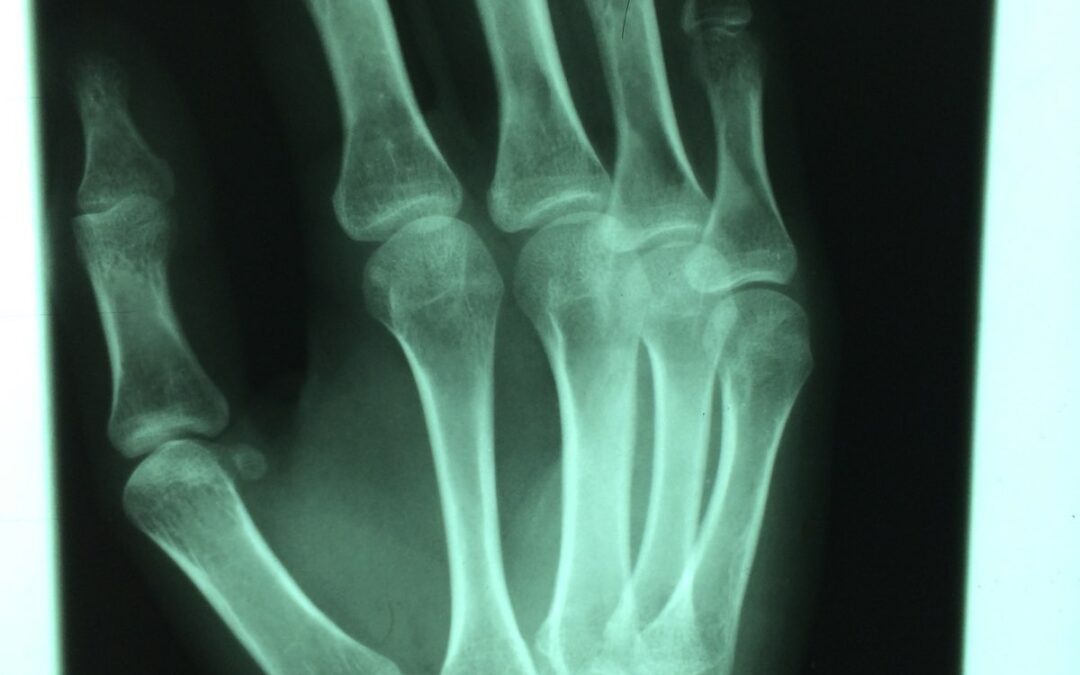Bimekizumab, a novel biologic therapy, is showing promising results in the treatment of psoriatic arthritis, ankylosing spondylitis, and non-radiographic axial spondyloarthritis (nr-axSpA, M46.80). This medication belongs to a class of drugs known as monoclonal antibodies and is specifically designed to target and inhibit the activity of interleukin-17 (IL-17), a key cytokine involved in the inflammation process associated with these conditions.
In the realm of psoriatic arthritis, bimekizumab offers a new hope for patients who have not responded adequately to traditional treatments. Clinical trials have demonstrated that bimekizumab can significantly reduce the signs and symptoms of psoriatic arthritis, including joint pain, swelling, and stiffness, while also improving physical function and quality of life. The drug’s ability to target IL-17 has proven effective in controlling the skin manifestations of psoriasis as well, making it a dual-action therapy for patients with psoriatic arthritis.
Turning to ankylosing spondylitis, a chronic inflammatory disease affecting the spine, bimekizumab has shown to be effective in reducing spinal inflammation, leading to improved mobility and reduced pain for sufferers. Clinical studies have highlighted the drug’s potential in slowing down the progression of spinal fusion, a common and debilitating complication of ankylosing spondylitis. The targeted approach of bimekizumab in inhibiting IL-17 helps to decrease the inflammatory process that drives the disease’s progression.
For non-radiographic axial spondyloarthritis (nr-axSpA), a form of spondyloarthritis where radiographic evidence of sacroiliitis is not present, bimekizumab offers a promising treatment avenue. Patients with nr-axSpA often experience chronic back pain, stiffness, and fatigue, significantly impacting their daily activities and quality of life. Bimekizumab’s targeted mechanism of action can effectively reduce inflammation and symptoms in nr-axSpA patients, providing relief and improving their functional abilities.
In conclusion, bimekizumab represents a significant advancement in the treatment of psoriatic arthritis, ankylosing spondylitis, and non-radiographic axial spondyloarthritis. Its targeted inhibition of IL-17 not only addresses the symptomatic relief but also has the potential to alter the disease course, offering hope to patients with these chronic inflammatory conditions. As research continues, bimekizumab is poised to become a key player in the management of these diseases, promising improved outcomes and enhanced quality of life for patients.

